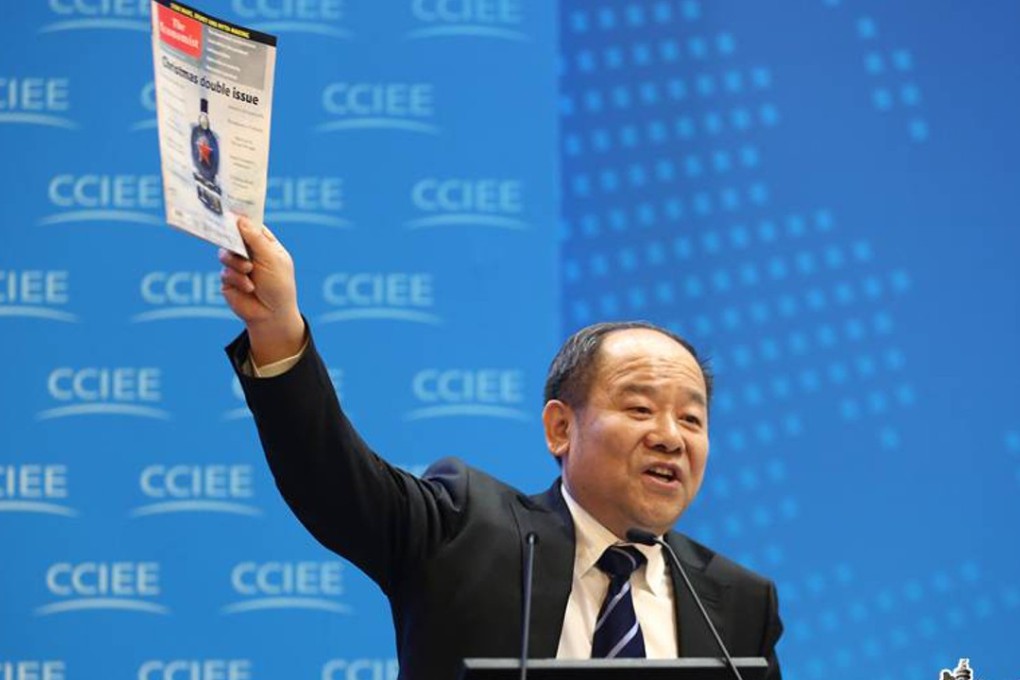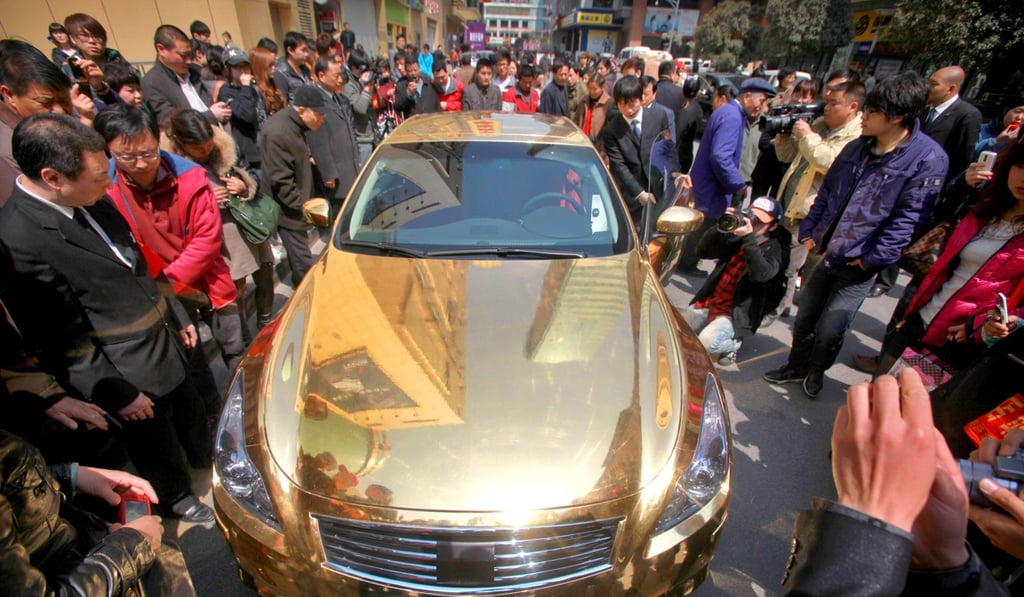China’s dirty little secret: its growing wealth gap
Income inequality worsened for the first time in five years, with the top 1 per cent owning a third of the country’s total wealth

China’s wealth gap has widened for the first time in five years, a fact Beijing chose not to mention in this year’s economic report.
The Gini coefficient, a gauge ranging between zero and one that measures income equality, increased slightly to 0.465 last year, from 0.462 in 2015, according to data released by the National Bureau of Statistics (NBS) this week.
A reading of zero would mean everyone’s income was equal, while a reading of one would indicate that all the income was going to one person.

The United Nations considers a Gini coefficient higher than 0.4 a sign of severe income inequality.
The most recent figure for the US was 0.479. In term of cities, Hong Kong recorded an all-time high of 0.539 last year, behind only New York at 0.551. But it is difficult to gauge the exact coefficient for the mainland, as income estimates are based on household surveys.
Beijing did not mention the Gini figure for 2016 in January when it delivered its annual report on the past year’s economic performance, breaking a long-standing tradition.